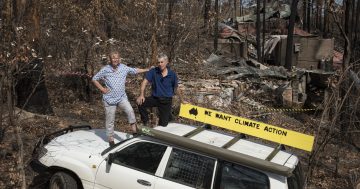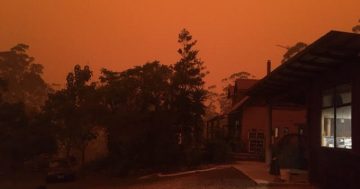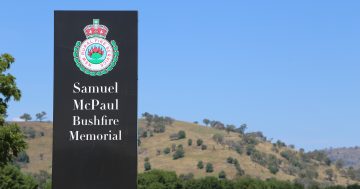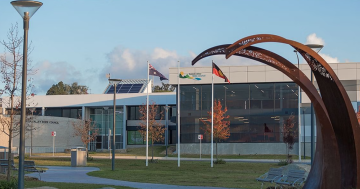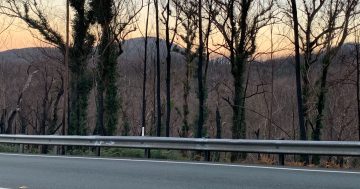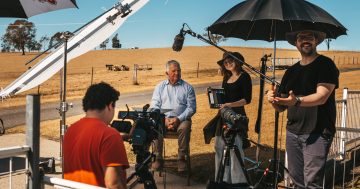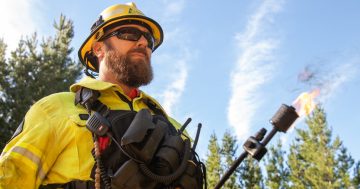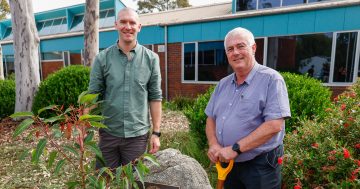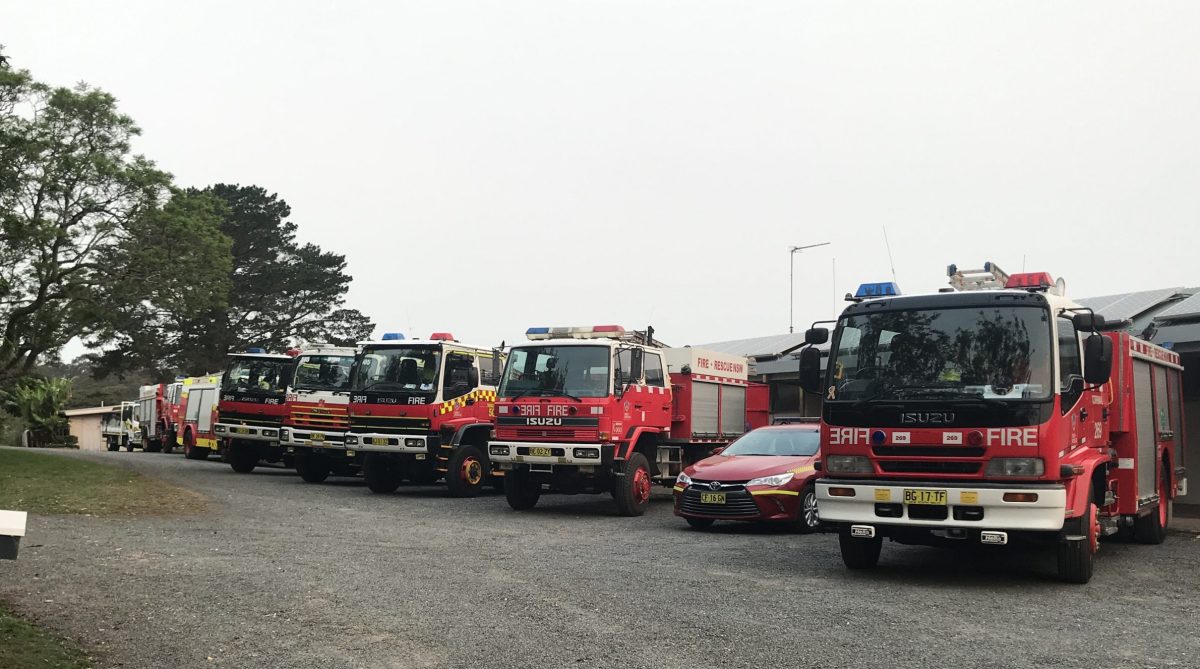
Firefighters stayed at Narooma’s Ecotel while they helped local brigades fight the Black Summer bushfires. Photo: Garry Kerans.
Narooma’s Ecotel has focused on providing emergency housing for the past five years since seeing the impact of the Black Summer bushfires on the Far South Coast’s housing crisis.
The people who arrive at the Ecotel come from all walks of life. Some leave with a reference so they can move on to standard rental accommodation, and some stay on.
Garry and Stina Kerans bought the Ecotel on the northern edge of Narooma in 2003 and ran it as a conventional motel until the 2019 fires.
“The emergency housing people asked us if we would do emergency housing, and we had a few people coming in prior to the fires,” Mr Kerans said. “We always informed people that they could only stay until Christmas. That way, we received the income from the summer season to assist with the high yearly running costs of the motel.”
Mr Kerans said that at the time, two other motels – The Whale and the Tree – were doing the same thing. “I think they may have stopped because there are some issues with a few of the people coming in, ending up in substantially extra room maintenance or even a total room renovation.”
He said the drug ice “is a critical problem in this region”. Over the years they have learnt to recognise the signs and understand the potential disastrous outcomes of those on drugs. No drugs of any sort are permitted at the Ecotel, but sometimes it’s hard to detect.
The Black Summer bushfires raged through communities up and down the Far South Coast on New Year’s Eve 2019. “People started calling at 5 am on New Year’s Day,” Mr Kerans said.
“We had a group meeting to organise a safe on-site location, along with an evacuation plan. That meeting bonded everyone together. It was like a survival team, and we all worked together to prepare the place for the worst.”
People sent him cards the following Christmas to thank him and say they had felt so safe.
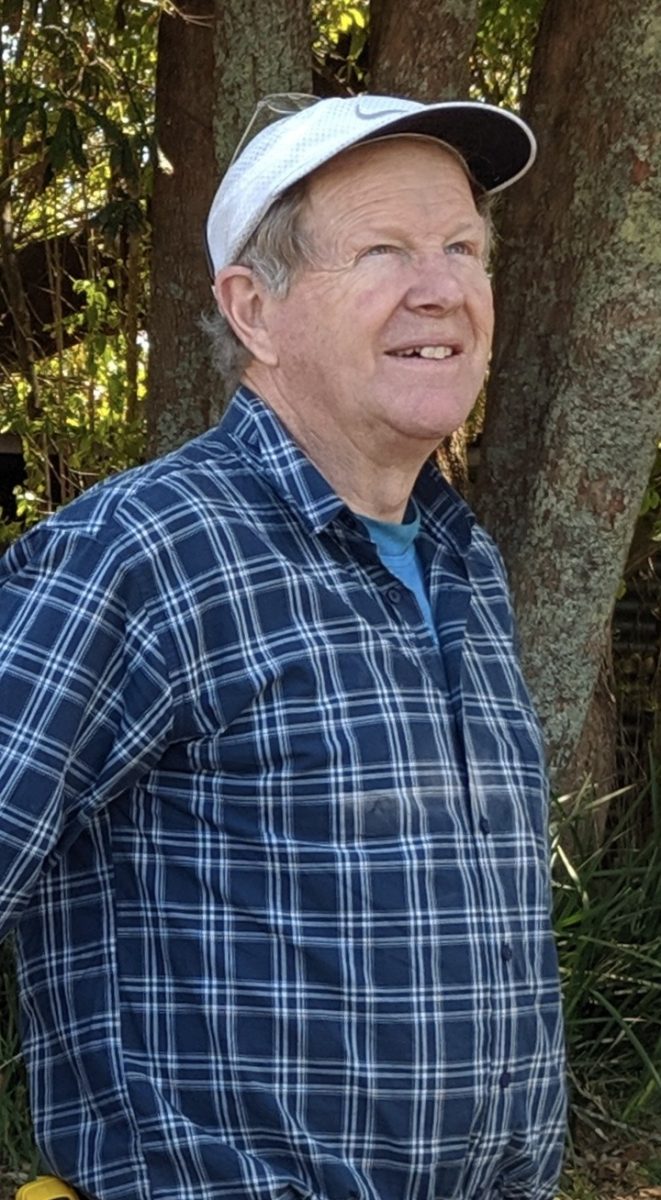
Garry Kerans and his wife Stina bought the Ecotel in 2003 and have focused on providing emergency housing since the Black Summer bushfires. Photo: Supplied.
Firefighters then moved into Ecotel and stayed for weeks. Meanwhile Mr and Mrs Kerans began thinking they should do the emergency housing full-time.
“People were losing their homes and barely escaping with their lives,” Mr Kerans said. “As the firefighters started leaving, people who had lost their homes moved in.”
Eurobodalla lost 500 homes during the fires, and Bega Valley lost 467.
These days, Link2Home does the initial bookings, with payment coming from the Department for Communities and Justice. Some people stay on and pay rent that covers electricity, internet, and laundry facilities.
The Ecotel is linked in with St Vincent de Paul, the Salvation Army, The Family Place Moruya, and Well Ways.
The manager, retired nurse Lindie Angelini, sets boundaries for the residents but she is also empathetic.
Mr Kerans said some residents had really benefitted from the connection with people.
“An individual isolated during a mental health crisis is a very tough gig and the likelihood of having to go to hospital is high, but here we have a mutual support system.”
Mr Kerans said around 20 per cent of Ecotel’s residents moved on to standard rental accommodation. By staying at Ecotel, they can save money for a bond. Sometimes they form a group, pool their resources and find somewhere together.
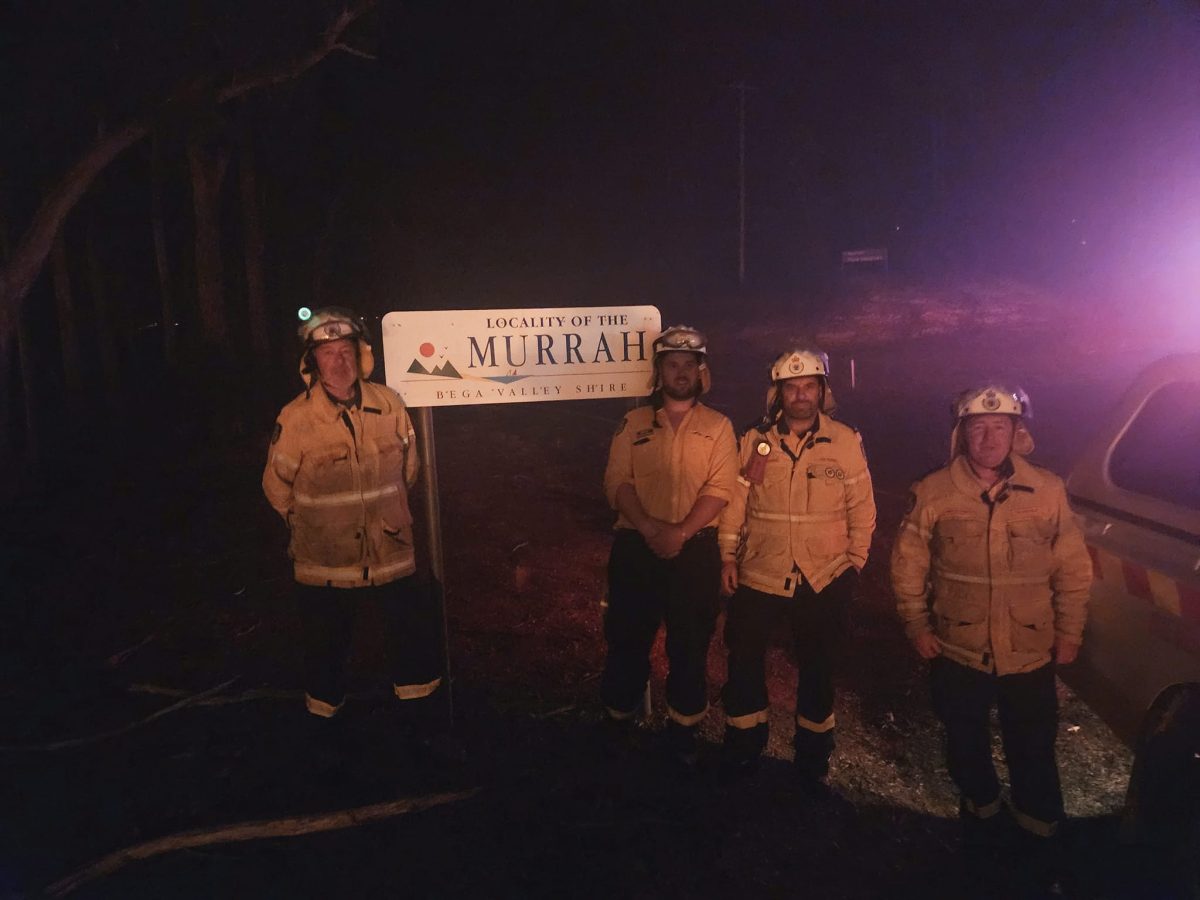
Narooma’s Ecotel put up firefighters for several weeks as they came to help the local brigades battle fires along the Far South Coast during the Black Summer bushfires. Photo: The Oaks RFS.
He said judging by Ecotel’s occupancy rate, there was still a housing crisis.
“We no longer ask people to leave before Christmas, as there is nowhere else for them to go,” Mr Kerans said. “We sacrifice the financial benefit of the busy summer season for the longer-term benefit of people having their own community and home. It also makes sense from a societal perspective as there are social consequences of people having nowhere to go.
“There is less energy going into looking after all the other problems associated with homelessness, such as people breaking into properties to squat, unable to get work, or in some cases there are people who can’t work,” Mr Kerans said.
He said the area would benefit from regular visits by a psychologist as happened at Ecotel when OzHarvest organised it.
Mr Kerans suggested solution is incremental steps towards secure housing, starting with a dedicated serviced site where homeless people could build a humpy, with some restrictions.
That way they could save some money without the pressure of paying rent. The next step could be buying a caravan to put on someone’s property.
“What other avenues are there unless there is a continuing flow of money from the government?”







